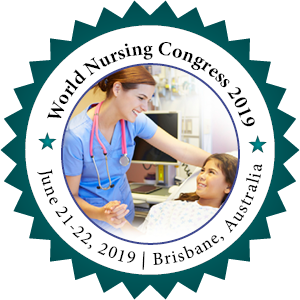
Terri Thompson
California Baptist University, USA
Title: Preconception health education and the impact on maternal and newborn health outcomes
Biography
Biography: Terri Thompson
Abstract
Statement of the Problem: Maternal and newborn mortality continue to increase in the United States, but may be preventable with comprehensive reproductive health education, prior to conception. Preconception health education begins in childhood, teaching health promotion across the life span, including proper diet, exercise, and folic acid supplementation. Education and training needs to be presented, to health science students, to promote healthfulness and promote an increased awareness about the importance of preconception health education. Health care providers should provide preconception health education during routine office visits, however, preconception health education is often not addressed. Among pregnant women, preconception health education decreases the incidence of hypertension and gestational diabetes. Preconception health education decreases the risk of neural tube defects, preterm delivery, and poor health outcomes, in neonates. Gaps exist in curricula, regarding recommendations by governing agencies, about when to address preconception health education. Purpose of the study: To evaluate if preconception health education could improve knowledge and promote changes in lifestyle practices of health science students.
Methodology and Theoretical Orientation: In order to educate health care providers about preconception health education, a study was performed with a face to face presentation to 71 health science students, at one university in California. Faculty and student knowledge deficits were addressed and faculty advisors were trained to help students educate peers and members of the community. Pretest-posttest data were collected using a 12-item instrument and analyzed using t-tests.
Findings: Analyses of pretest and posttest data yielded a significant increase in knowledge among participants about preconception health education. Three theories were utilized in this study which included: the Life Course Theory, Theory of Androgogy, and Diffusion of Innovation Theory.
Recommendations: To introduce curricula regarding preconception health education among students. The introduction of preconception health education may improve health outcomes for pregnant women and neonates.

